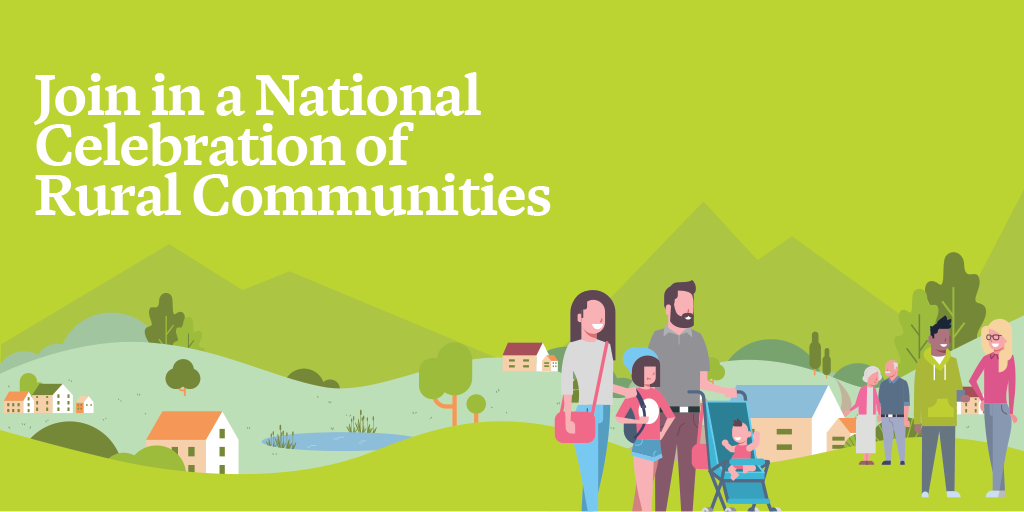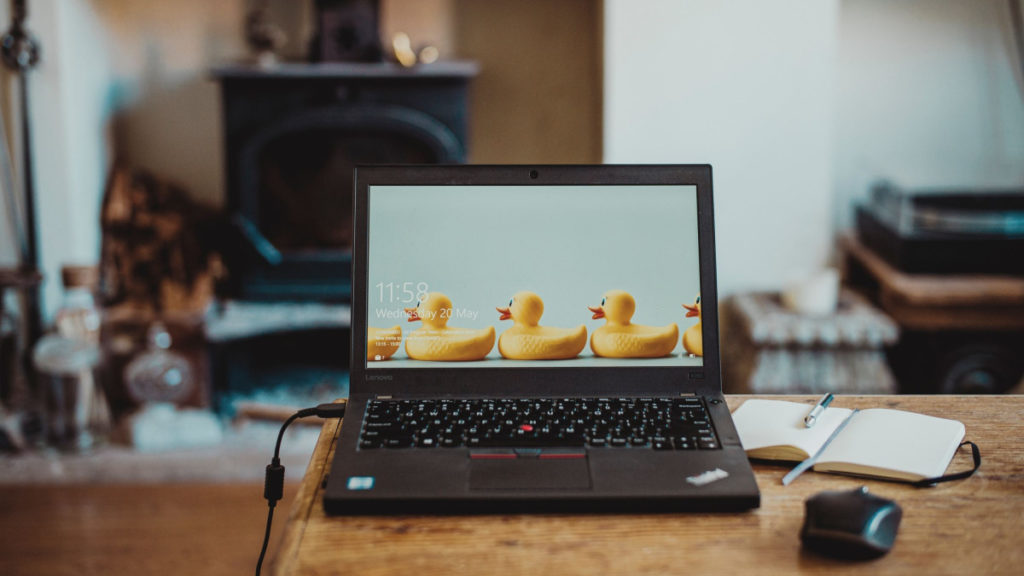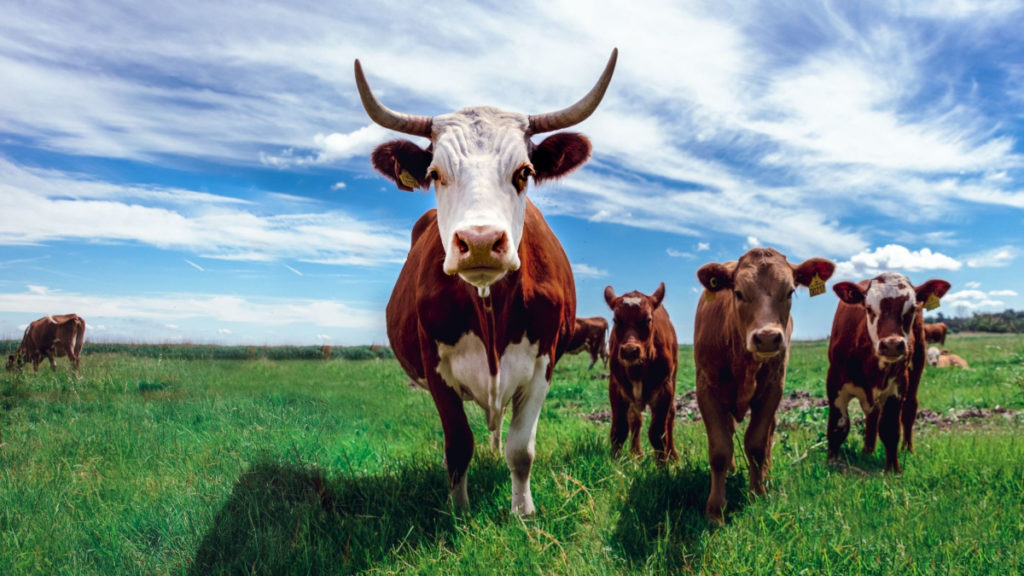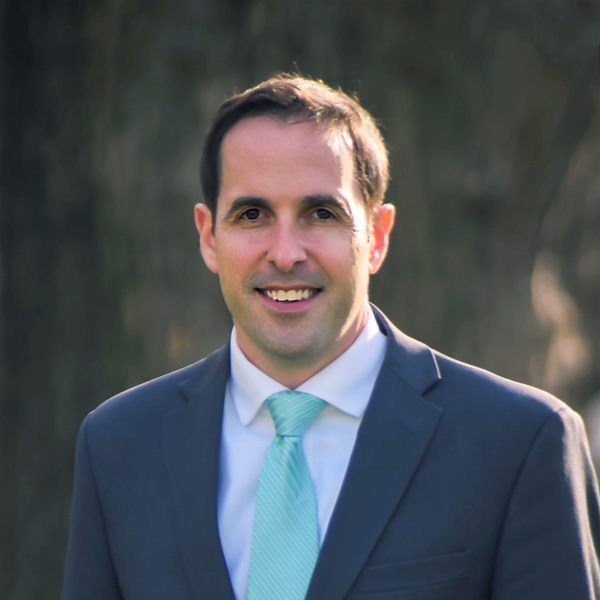The Rural Community Assistance Partnership (RCAP) and the Smithsonian Institution recently launched “Coming Home: Stories from Main Street.”
The partnership between RCAP and the Smithsonian Institution provides new opportunities for youth in rural America to tell their community’s story and to become leaders in its future.
Coming Home is a project that invites young people to learn about their rural communities, document local history, and foster meaningful discussions about their community’s future. The result is a vast array of dynamic multi-media projects that connect youth voices to local discourse.
This partnership between RCAP’s Rural Homecoming and the Smithsonian’s Museum on Mainstreet (MoMS) celebrates rural America’s voices.
The collaboration encourages youth connection and storytelling to celebrate the history (and future) of rural America.
The Origins of Rural Homecoming
RCAP recognizes the value in rural voices and the deep connection individuals feel towards their hometowns.

RCAP started Rural Homecoming to reconnect young people who have moved away from rural communities with the innovation and opportunity in their hometown.
Rural Homecoming celebrates rural communities’ uniqueness and amplifies rural voices on a national level.
Both RCAP and the Smithsonian focus on uplifting these voices by giving youth the tools, resources, and guidance to learn about their community’s past and shape their future. This unifying goal of celebrating rural supports the partnership between RCAP and MoMS.
How to Get Involved
Communities can participate in Coming Home in two ways.
1. Sign up through the Smithsonian’s Museum on Main Street website
Communities participate by composing storytelling videos of their town’s rich history through tools and resources provided through Coming Home.
This program allows for rural youth to connect with their communities, expand technology skills, and form relationships with older community members. To apply, submit a proposal.
2. Download RCAP’s Rural Homecoming Toolkit
To celebrate RCAP’s Rural Homecoming, communities can utilize RCAP’s free toolkit to help plan a virtual or in-person event or tell their community’s story in creative ways.
The toolkit provides ideas and resources to adapt an annual celebration like a fall festival or create an entirely new event that connects individuals with their communities. Any community member or organization can plan Rural Homecoming events.

When Are You Coming Home?
Rural Homecoming and Coming Home both provide an opportunity to tell local stories through national platforms.
RCAP and MoMS see the deep connection individuals feel towards their rural communities. “Coming Home: Stories from Main Street” provides communities with the tools and support to amplify this connection.
This partnership helps rural communities celebrate and share what makes their hometowns unique. By uplifting these stories, Coming Home honors rural America’s history and helps to shape the future.
Did you grow up in a rural community? Are you living in one now? RCAP and the Smithsonian want to hear from you! Let’s build the future of rural, one story at a time.














